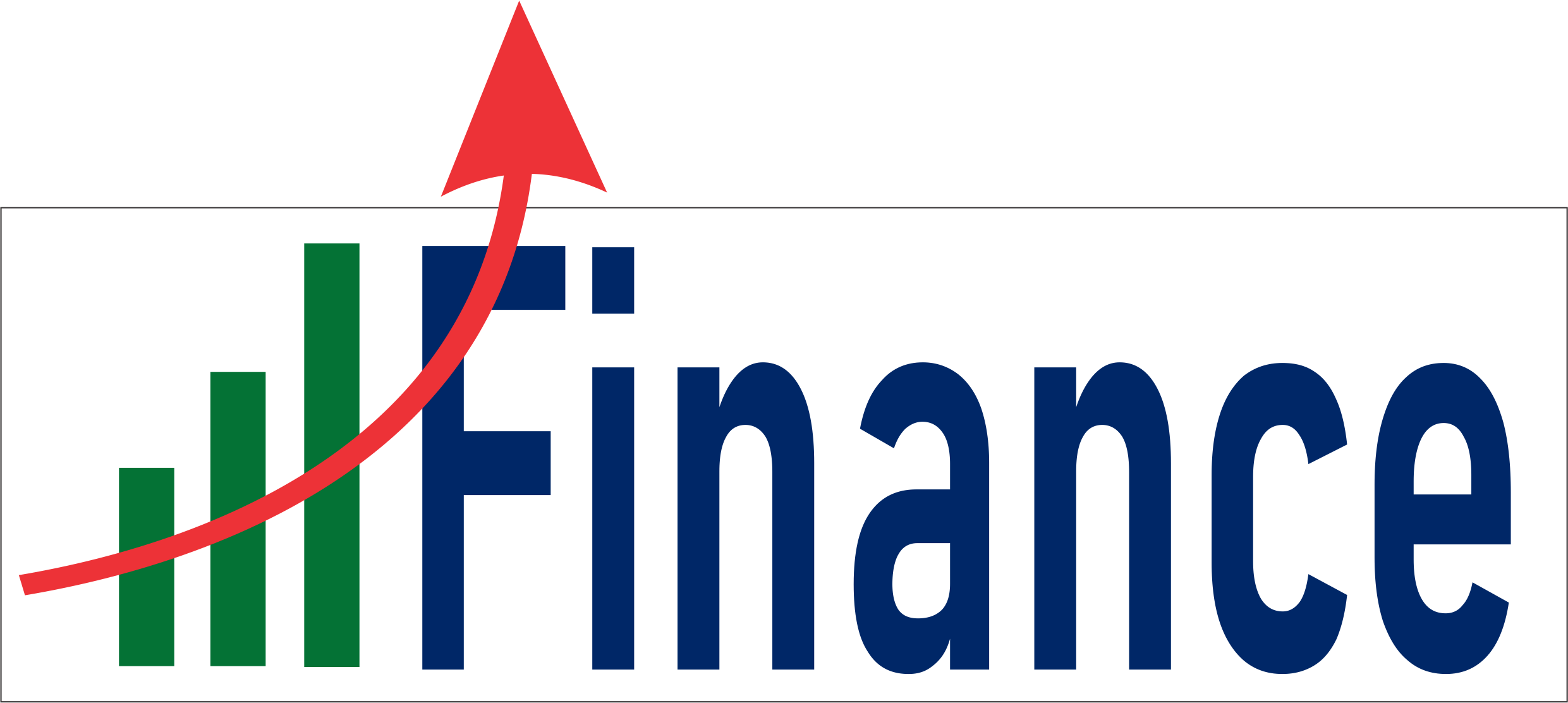When Can You Ask for a Credit Card Payment Pause?
Americans are carrying record levels of credit card debt, and the pressure is hitting households from coast to coast. Total U.S. credit card balances have recently surpassed $1.2 trillion, and the average cardholder owes close to $8,000. With average interest rates on cards pushing toward 22%, it doesn’t take much to fall behind. An unexpected medical bill, job loss, or emergency expense can make it impossible to stay current. That’s where a credit card payment pause can sometimes step in as a lifeline.
A credit card payment pause is not guaranteed, but many lenders do offer short-term hardship programs. These are designed for people facing temporary financial setbacks who just need breathing room before getting back on track. If you’re wondering when and how you can ask your credit card company for this kind of help, here’s what you need to know.
When to Request a Credit Card Payment Pause
You can ask for a credit card payment pause when you’re facing a temporary financial hardship. Credit card companies are more willing to approve requests if they believe your situation will improve in a few months. Typically, lenders look for a recovery window of three to twelve months. Common reasons people qualify for a credit card payment pause include losing a job, having your work hours cut, dealing with a medical emergency, experiencing a natural disaster, or going through a divorce or death in the family.
Timing matters here. The earlier you call your card issuer to discuss a credit card payment pause, the better your chances. Waiting until you’ve already missed multiple payments reduces approval odds. Lenders prefer to work with customers who are still current but know they might fall behind soon.
How to Prepare for a Credit Card Payment Pause Request
When you call your lender, be prepared with documents that show proof of hardship. This could include a termination letter from your employer, hospital bills, or insurance claims. Most issuers will also want details about your income, monthly expenses, and how long you expect your financial setback to last.
Explore the debt relief options available to you here
Here’s a look at what credit card companies may offer under a credit card payment pause program:
| Relief Option | What It Means | Typical Duration |
|---|---|---|
| Payment Deferral | Pause your monthly payment temporarily | 1–3 months |
| Reduced Minimum Payments | Pay a lower amount each month | 3–12 months |
| Temporary Interest Rate Cut | Lower APR during hardship | 6–12 months |
| Waived Fees | No late or over-limit fees | Varies by issuer |
| Modified Payment Plan | Spread balance over longer period | Case by case |
Each lender has its own rules, but these are the most common forms of assistance tied to a credit card payment pause.
What If a Credit Card Payment Pause Is Denied?
Not every request is approved, even if your hardship is real. Some issuers are stricter than others, and approval often depends on your payment history, whether your account is in good standing, and how convincing your recovery plan is.
If your request for a credit card payment pause is denied, there are still alternatives: enrolling in a debt management program through a nonprofit counseling agency, transferring your balance to a 0% APR card, consolidating with a personal loan, or even negotiating debt forgiveness if your situation is severe. Each option comes with trade-offs, but they can provide relief if a credit card payment pause isn’t available.
Why Acting Early Matters
The bottom line is that a credit card payment pause is most effective when you act early. Reaching out before you’ve missed payments shows lenders you’re serious about getting back on track. A short pause can prevent late fees, stop interest from compounding, and protect your credit score from long-term damage.
For many Americans, a credit card payment pause is the first step toward regaining control over debt during tough times. Whether your struggle comes from a job loss, a medical bill, or another setback, the key is to be proactive, honest, and prepared when talking with your credit card company.
Handled correctly, a credit card payment pause can give you just enough breathing room to recover financially and avoid falling deeper into debt.
Also More: $7,500 Electric Vehicle Tax Credit Ends Soon: How to Qualify Before Sept. 30







